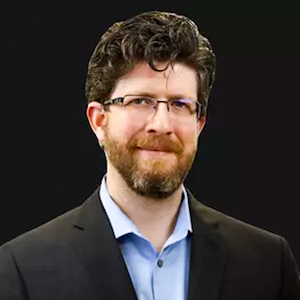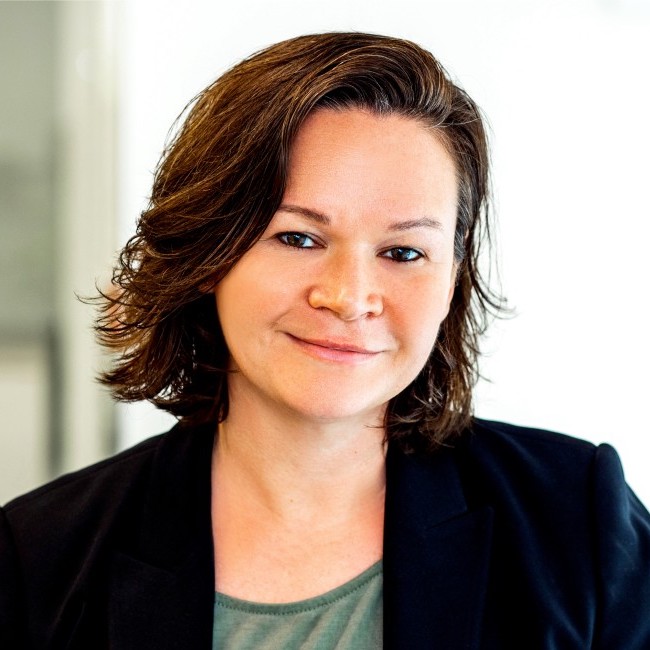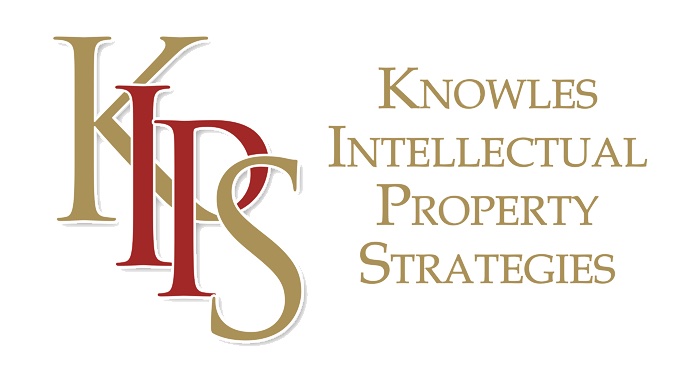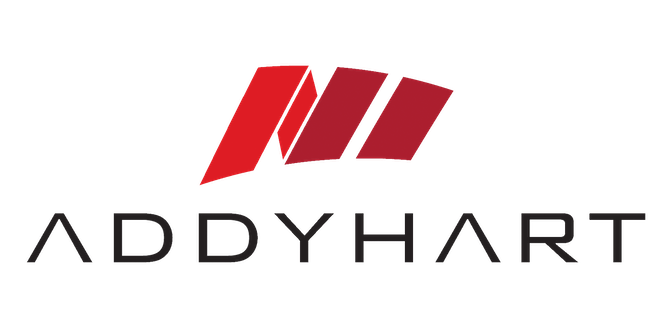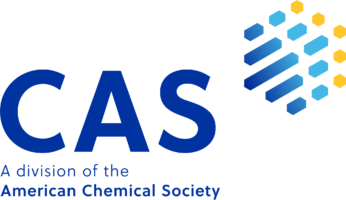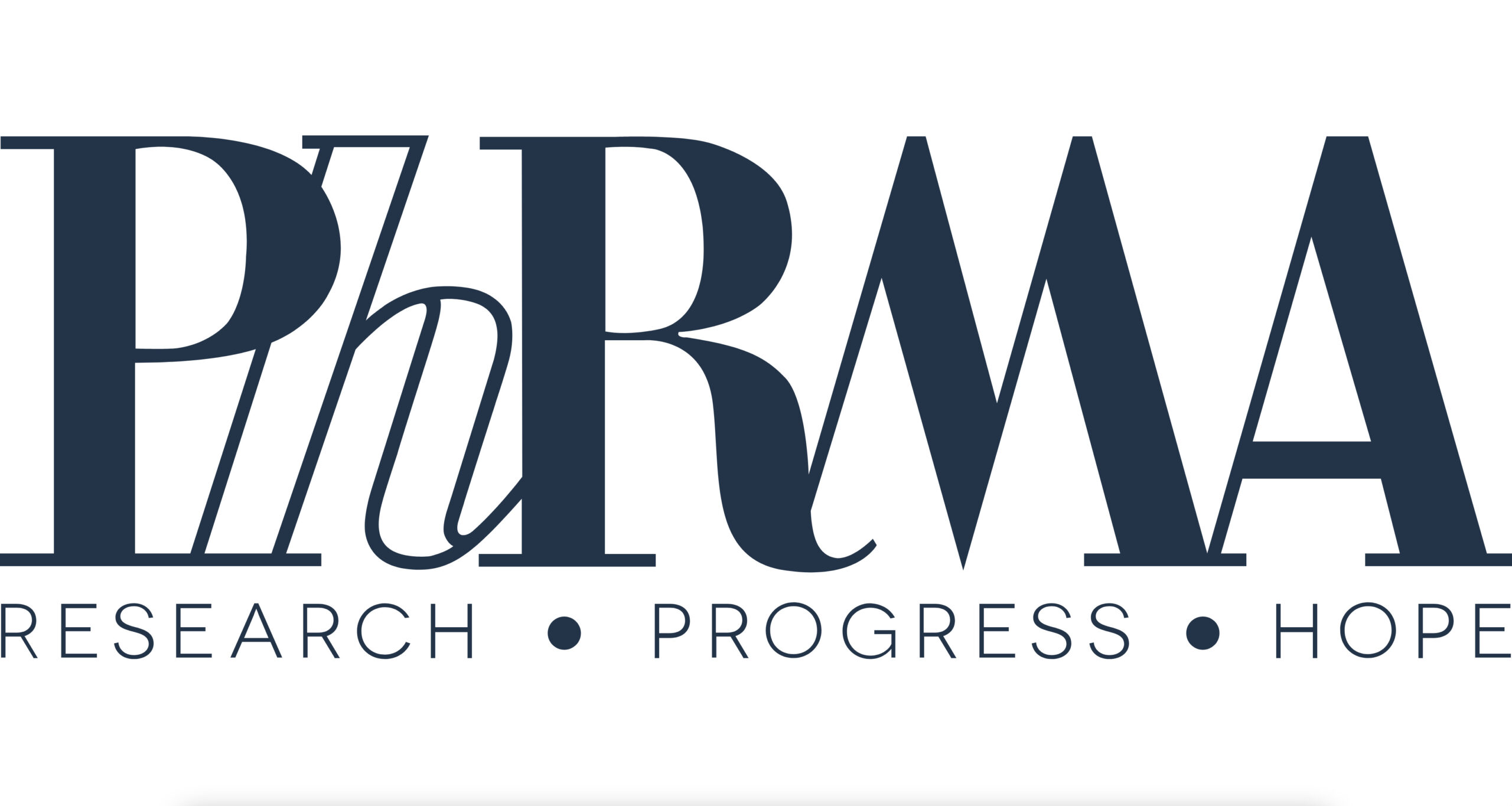
Event Session
Panel #5 – The Future of the Written Description for Life Sciences*
October 17, 2023 @ 9:45 AM EST
9:45 AM ET
October 17, 2023
Panel #5 – The Future of the Written Description for Life Sciences*
Dating back to The Telephone Cases, 126 U.S. 1 (1888), the Supreme Court has required enough description so that the invention is described with “sufficient clearness and precision to enable those skilled in the matter to understand what the process is…” And more recently, the Supreme Court reiterated that “Section 112 requires only a written description of the invention… in such full, clear, concise, and exact terms as to enable any person skilled in the art… to make and use the same.” Mayo Collaborative Servs. v. Prometheus Labs., Inc., 132 S. Ct. 1289 (2012). More recent cases in the life sciences area, however, seem to suggest a higher level of disclosure is being required by the Federal Circuit.
An ongoing series of cases related to chemical and biological inventions continues to establish a heightened disclosure standard, and continues to expose deep division among the Judges on the Court. In particular, the Federal Circuit as a whole has grown increasingly concerned—it would seem— over a patentee receiving claims broader in scope than what has been adequately described in the specification. Others on the Court, however, would take issue with such characterization, instead believing that some Judges are conflating written description and enablement, and even requiring multiple descriptions in the specification in order to satisfy the written description requirement (i.e., a single disclosure of the specific invention has been curiously found to be insufficient).
This panel will discuss the current state of the written description requirement, the tension between the statute and Supreme Court interpretation, how the Federal Circuit case law is evolving, what this means for the future of innovation, what applications can and should do, including best practices in drafting and prosecuting small molecule and biologics applications.
Among other things, the panel will specifically discuss:
(1) Juno Therapeutics, Inc. v. Kite Pharma, Inc. (requiring the disclosure of both known and unknown variations of compounds);
(2) Biogen International v. Mylan Pharmaceuticals (finding an insufficient written description because at the time of filing the invention had not been translated into a clinical use and the invention was only described once in the specification); and
(3) University of Minnesota v. Gilead (finding no error in the PTAB decision that one of skill in the art would not have been able to visualize or recognize the members of the claimed genus by searching for blaze marks).
Materials
Exploring the CAFC’s Ridiculous Written Description Standard for Life Sciences Patents
PowerPoint Slides by Eyal Barash
Survey
https://www.surveymonkey.com/r/future-of-written-description-life-sciences
Dating back to The Telephone Cases, 126 U.S. 1 (1888), the Supreme Court has required enough description so that the invention is described with “sufficient clearness and precision to enable those skilled in the matter to understand what the process is…” And more recently, the Supreme Court reiterated that “Section 112 requires only a written description of the invention… in…


